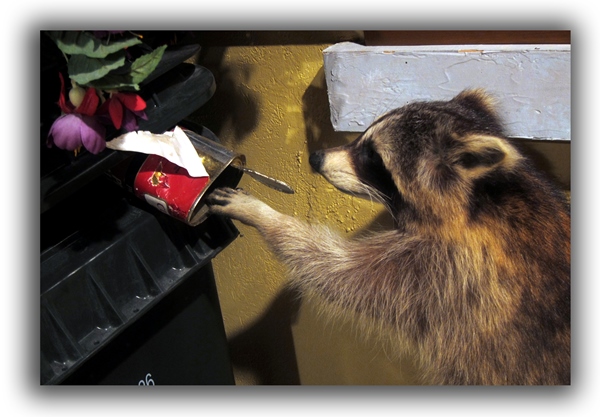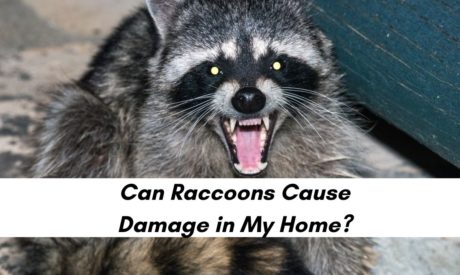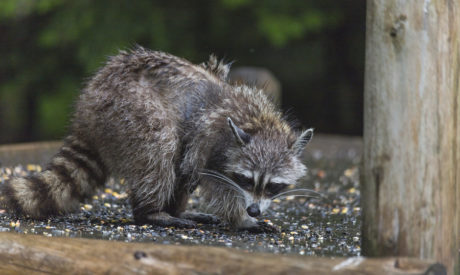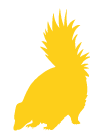 Identifying Raccoon Problems
Identifying Raccoon Problems
Residents of Raleigh, Durham and the greater Triangle area are likely aware of what a raccoon looks like. Their distinctive black “masks” across their eyes, their narrow noses and ringtails all are quite familiar. They are common animals throughout all parts of the United States including here in North Carolina’s Piedmont. With the exception of occasional high-pitched squeals and growls when threatened, raccoons are a quiet species. Baby raccoons often sound like birds, and residents often mistake the two when reporting noises in chimneys, walls or attics. As night crawlers by nature, raccoons are rarely seen during the daytime. The exception to this is in the springtime when female raccoons take time away from their litters for rests.
Raccoon habitats include shelter in dens, trees or logs during the day. Throughout urban areas, raccoon problems occur in residences, abandoned buildings, attics, cellars and chimneys. They will gain access to homes when in need of shelter or protection, usually causing damage upon entry. Most of the time raccoon problems begin while they are in search of food, knocking over garbage cans and storming through gardens.
Mother raccoons are extremely protective of their young and will defend their litters when threatened. Raccoons are known to carry a selection of parasites and diseases that can be transferred to pets and humans. These include roundworm, rabies and parvo virus.
Raccoon Trapping, Damage, and Repair
Critter Control of the Triangle sends our technicians and certified wildlife specialists to the field with the knowledge and tools necessary for raccoon removal.
Raccoons like to dig up yards and gardens in search of worms and grubs, often causing major lawn damage. In the winter and spring, they frequently invade homes, usually by finding ways of entering attics and escaping from the cold, so they can nest and raise their young. Raccoons are strong animals and can damage the shingles, fascia board and ventilation structures they enter. Common raccoon damage within attics includes damage to the insulation from feces/urine, damage to the ductwork or wiring, staining of drywall from urine and water damage. For more information on safe raccoon removal, contact Critter Control of the Triangle in Raleigh at (919)382-0651.
Disease Risks at a Glance
Raccoons can be infected with rabies, and any raccoon bites must be considered a possible exposure to the rabies virus. They can also spread leptospirosis and the parasites baylisascaris and giardia.
We service raccoon removal in Raleigh, Durham, Cary, Apex, Chapel Hill and the surrounding areas of North Carolina’s Triangle region.

Can Raccoons Cause Damage and Are They Dangerous?
- Posted by Lance
- On February 19, 2021
Raccoons are no joke. These unique animals, which are relatives of bears, weasels and — maybe most closely —...

The Battle For Your Trash – Raccoons vs Opossums
- Posted by Lance
- On November 24, 2016
Every night as you lay down to sleep, nature’s night shift begins. A whole separate cast of critters is...


















